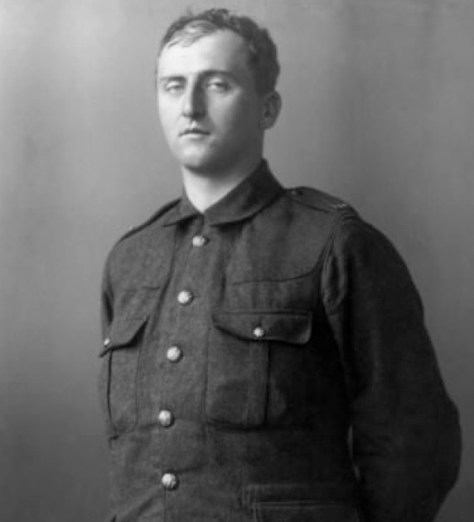
A murder victim demands many things.
Their very presence requires answers to tough questions: Who did this? How? And above all, why?
Mystery stories promise a twisting and often treacherous search complicated with deceit and dark emotions. And that search offers rich opportunities to explore the boundaries of human rationality and depravity. The murderer, in taking a life, has struck a blow against normalcy itself, so solving the crime is not just for the immediate victim, but all of society.
Is the culprit a blatant sociopath, a serial killer who continually preys on others? Or – perhaps even more terrifying – is it a latent sociopath we thought was normal?
Mystery author Joanna Schaffhausen writes that we can recognize sociopaths by their “narcissism, lying (even when it was easier to tell the truth), indifference to societal rules, [and] lack of empathy or conscience.”
Mystery tales explore the dark tendencies unleashed by social disconnection. And this is where Imagist poet T. E. Hulme can step in to clarify things. In his essay Romanticism and Classicism, Hulme discusses the distinction between these two movements, and in doing so, lays out the difference between the world views of the protagonist and antagonist in a mystery story:
Here is the root of all romanticism: that man, the individual, is an infinite reservoir of possibilities; and if you can so rearrange society by the destruction of oppressive order then these possibilities will have a chance and you will get Progress.
One can define the classical quite clearly as the exact opposite to this. Man is an extraordinarily fixed and limited animal whose nature is absolutely constant. It is only by tradition and organisation that anything decent can be got out of him.
I suspect that those of us attracted to mystery stories want to enter a world where social norms are defended and restored. After all, the act of reading is itself an affirmation of man’s social nature. As Hulme states in the same essay, literature is a social endeavor:
The great aim is accurate, precise and definite description. The first thing is to recognise how extraordinarily difficult this is. It is no mere matter of carefulness; you have to use language, and language is by its very nature a communal thing.
Studies have shown that reading helps us better understand and connect with others. No wonder mystery stories hold such an attraction for us — they show us the problem and deliver the cure in one fascinating package.

